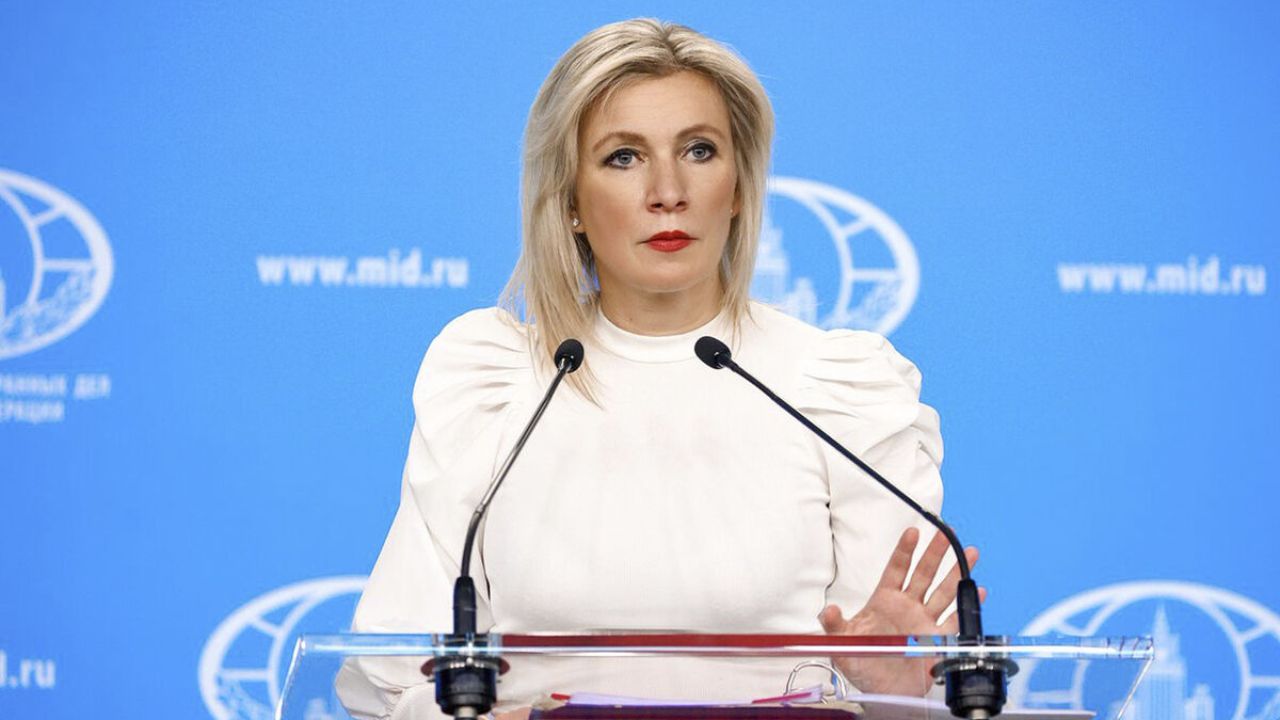
Publication
MFA RF: tents from the EU – threats for the region

ARVAK Center comment, 13.08.2024(1)
As recent events show, the Russian Foreign Ministry is experiencing a crisis of argumentation regarding its position on Armenia’s attempts to organize its security system without Moscow’s sole role. Recently, representatives of the Russian Foreign Ministry have increasingly made statements to the effect that Yerevan’s efforts to acquire weapons from Western countries “undermine the fragile security in the region and contribute to a new escalation of the conflict with Azerbaijan”. In particular, Russian diplomats point to Yerevan’s agreements with Paris for the supply of Bastion armored vehicles, CAESAR artillery systems, Mistral short-range man-portable anti-aircraft missile systems (MANPADS), and REB systems. The listed types of weapons, as well as their limited number, clearly indicate that the deals are aimed at relatively strengthening Armenia’s defensive capabilities and can hardly seriously affect the balance of forces and means, taking into account Azerbaijan’s offensive capabilities. However, it seems that the Russian Foreign Ministry does not realize the unreliability of its argumentation, and moreover, it makes absurd the criticism of Yerevan’s defense policy on the one hand and the West on the other.
In this case we are talking about a tent camp worth 10 million euros that the European Union is going to give to Armenia. The official representative of the Russian Foreign Ministry, Maria Zakharova, considered this “gift” as “proof of the West’s aspirations to start a new war in the region”. Thus, in the interpretation of the Russian Foreign Ministry, the tent camp became an element of dangerous militarization of Armenia.
It should be noted that accusations against Armenia and the West began to be systematically voiced by the Russian Foreign Ministry after Yerevan, disappointed in the possibility of receiving Russian weapons under earlier contracts, was forced to look for alternatives in Europe and South Asia. On February 14, 2023, Yuri Pilipson, director of the Russian Foreign Ministry’s Fourth European Department, commented on the arms negotiations between Armenia and France, saying that “Russia, unlike the West, does not sell weapons to other countries in order to divide nations for its own purposes”.
The phrase of the Russian diplomat served as one of the reasons for the publication in the media of materials of a number of Western expert centers on the “peaceful” Russian arms policy in relation to the Armenian-Azerbaijani conflict. In particular, the Stockholm International Peace Research Institute (SIPRI) in its report showed that it was Russia, along with Israel and Turkey, that contributed to the outbreak of the 44-day war in Nagorno-Karabakh and the victorious results of Baku with its arms supplies to Azerbaijan. These supplies included the latest generation of tanks, attack helicopters, multiple rocket launchers, artillery, a wide range of ammunition, etc. The scale of these contracts is evidenced by the $5 billion sum personally announced by Azerbaijani President Aliyev in 2018.
One can only speculate what other contracts were signed between Moscow and Baku after 2018, until the outbreak of the Second Karabakh War.
As for the period after the 44-day war, SIPRI has no reliable data, but does not rule out that close military-technical cooperation and arms deals continued. In particular, the think tank refers to the “Declaration on Allied Cooperation between the Russian Federation and the AZR”. One of the clauses of this document, signed by the parties on 22.02.2022, indicates the existence of a broad front of interaction between the countries in the sphere of military-technical cooperation. In particular, the countries agreed to consider the possibility of mutual military assistance. Moscow and Baku promised to intensify steps to create “service centers for maintenance, repair and modernization of weapons and military equipment, as well as to organize joint production of various types of military products”.
Thus, against the background of this information from open sources alone, M. Zakharova’s statement looks at least ridiculous. It is difficult to agree with the statement that a single tent camp, which belongs to the category of non-lethal means of army equipment and is intended, inter alia, for the needs of civil defense, should be recognized as a “dangerous militarization” element of the region. The wording of the Russian Foreign Ministry spokeswoman is by no means the best example of Russian diplomatic thinking, which has not found more reasonable arguments to justify its incomprehensible policy toward an ally.
(1) The Russian original was posted on our website on 09.08.2024.
